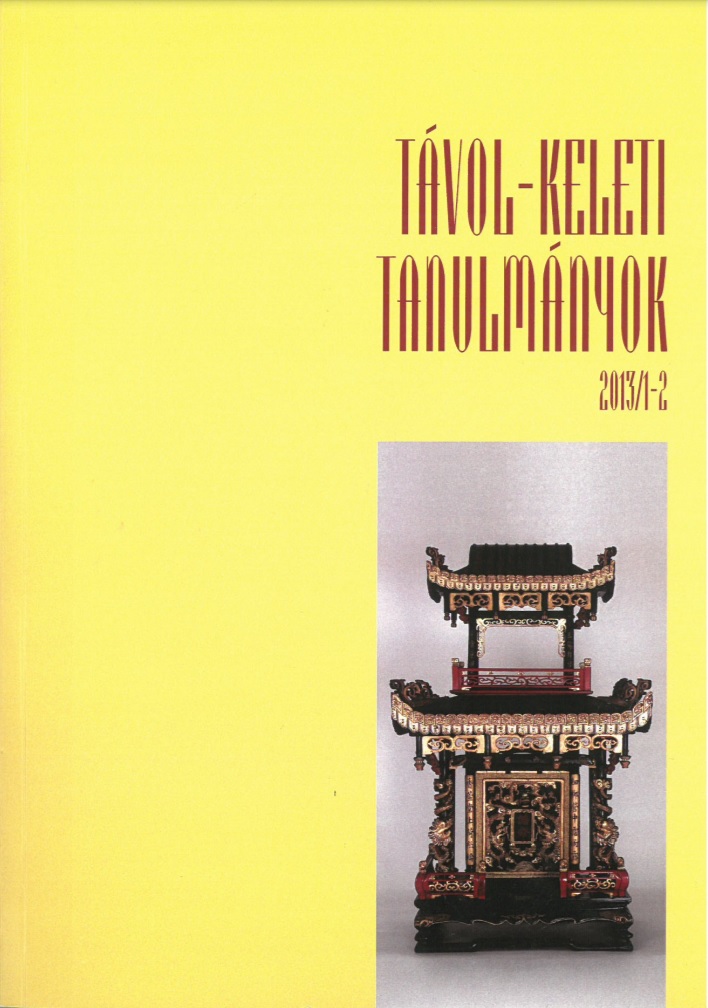North Korean students in Hungary in the 1950s and their role in the Hungarian revolution in 1956
Published 2014-10-03
How to Cite
Copyright (c) 2014 the author(s)

This work is licensed under a Creative Commons Attribution-NonCommercial 4.0 International License.
Abstract
After the outbreak of the Korean War in 1950 the socialist countries started various solidarity movements to stand up for the North Korean state. In the case of Hungary, the solidarity movement was led by the Hungarian Peace Council and the Democratic Association of Hungarian Females. Both organizations convened meetings and agreed to send aids to North Korea. The Hungarian government, among others, invited Korean war orphans and school children to study in Hungary. The first group of these children, 158 boys and 42 girls, arrived at Budapest in November of 1951. This article explores their subsequent story in Hungary. Based on data collected by Prof. Gábor Osváth and the author, this study also investigates the role these Korean students
played in the revolution of 1956 in three different parts of Budapest and the city of Veszprém.
